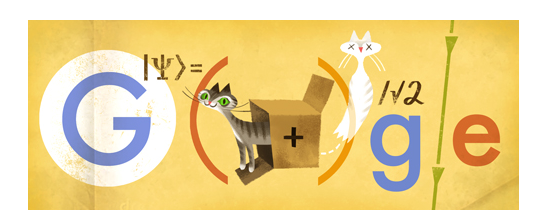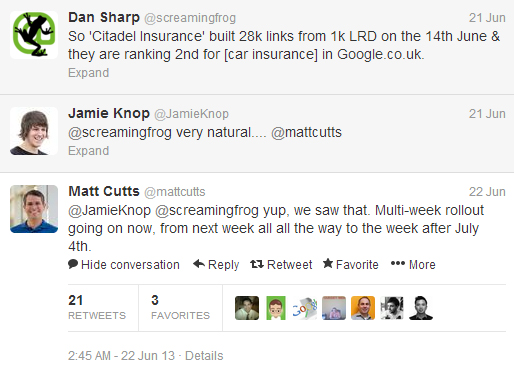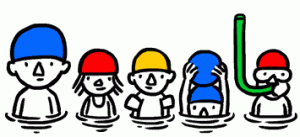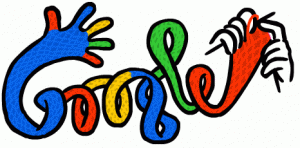I encountered a problem recently when I booked a flight. I wanted to make sure we were going to the right terminal and unfortunately this meant going to my emails, digging out the flight number and then searching that. Well all this is set to change with Google wanting to answer such questions as “Is my flight going to be late?” with a quick answer in their Search Results.
This works by using data collected from you being signed into your Google account, as well as information from the web. So if I had asked my phone “What terminal do I need to go to?” and was signed in to my Android Phone, it could find the flight number in my emails and then search the web for information about that flight. Combining both of these we’d be able to get the answer we wanted with minimal hassle.
Quite similar to Google Now, but Google want to push this out on all platforms turning Google Search into more of a personal assistant. And it works with much more than flights too. You can check the status of your deliveries by having that delivery information stored in your emails, and then entered on the relevant delivery website to find out where your package is. Pretty clever.
It can also help you with the answers you might be looking for that are stored in your Google calendar. Such as “Do I have any meetings today?”. I’m sure there are going to be many and varied applications for this feature and all them as useful as the next.
What do you think?
Blog Post by: Greg McVey







